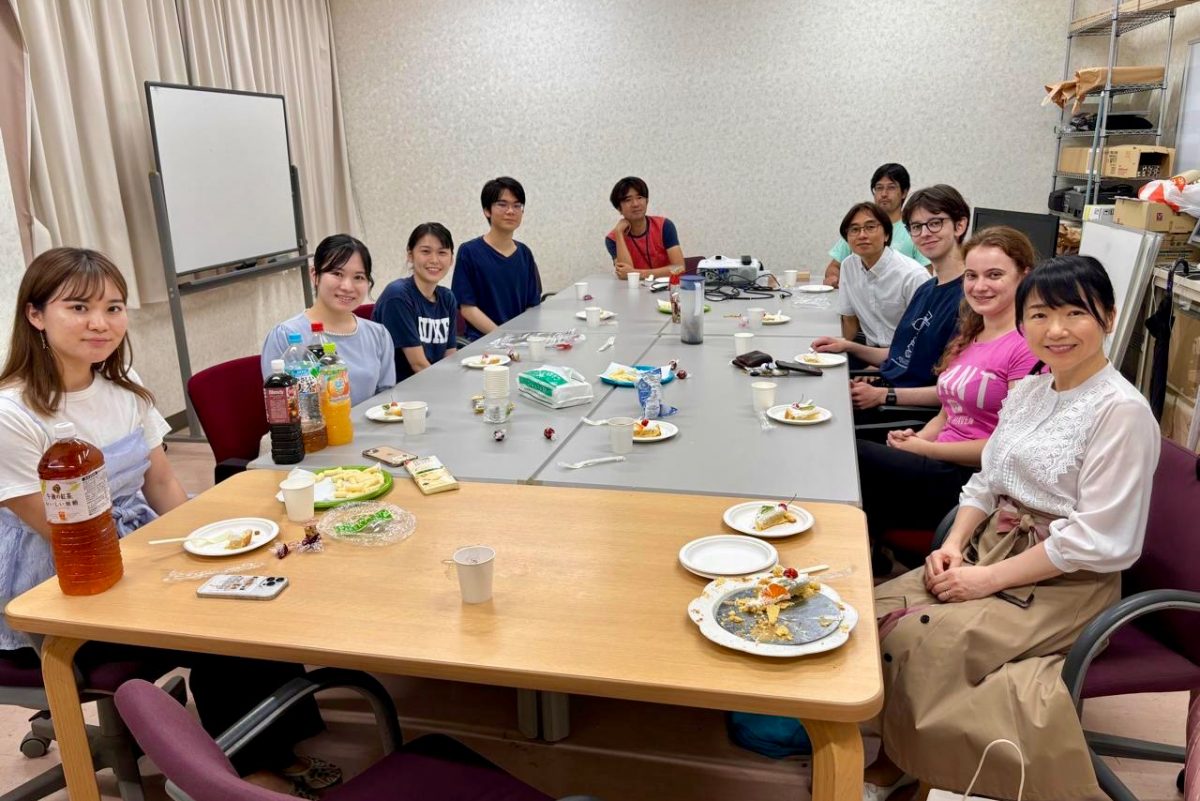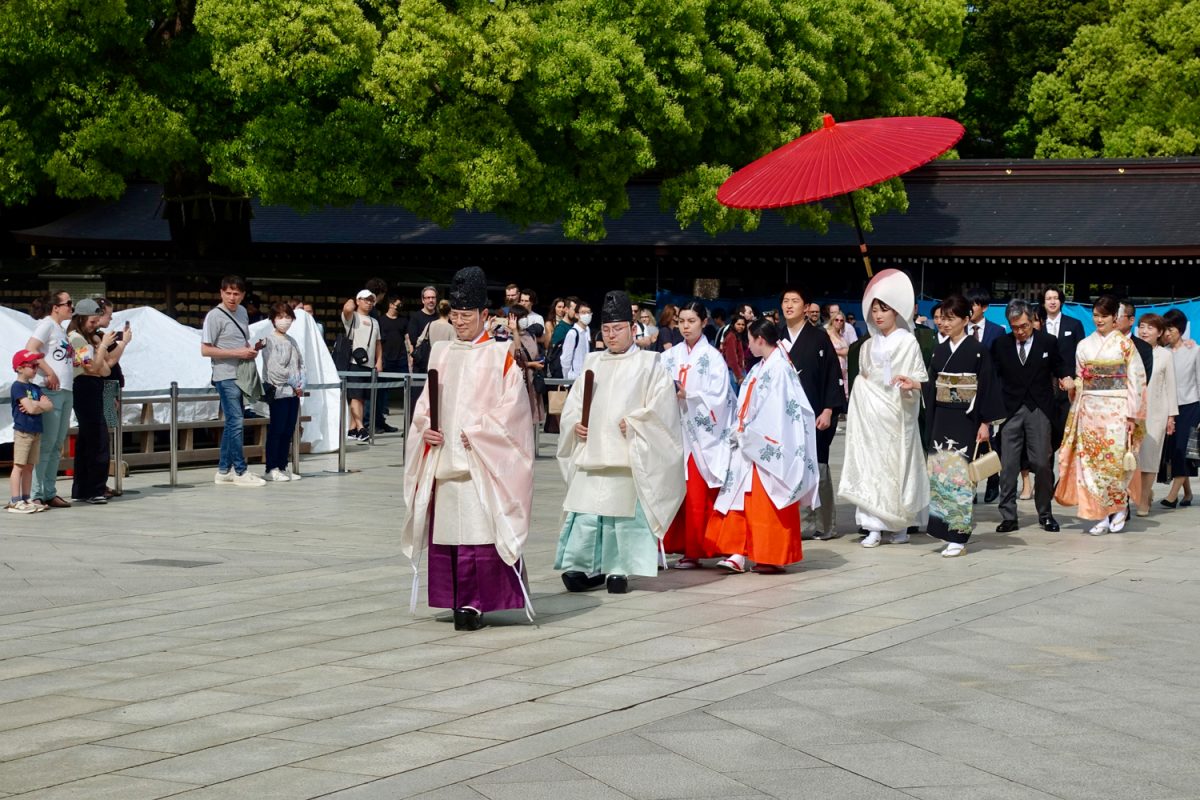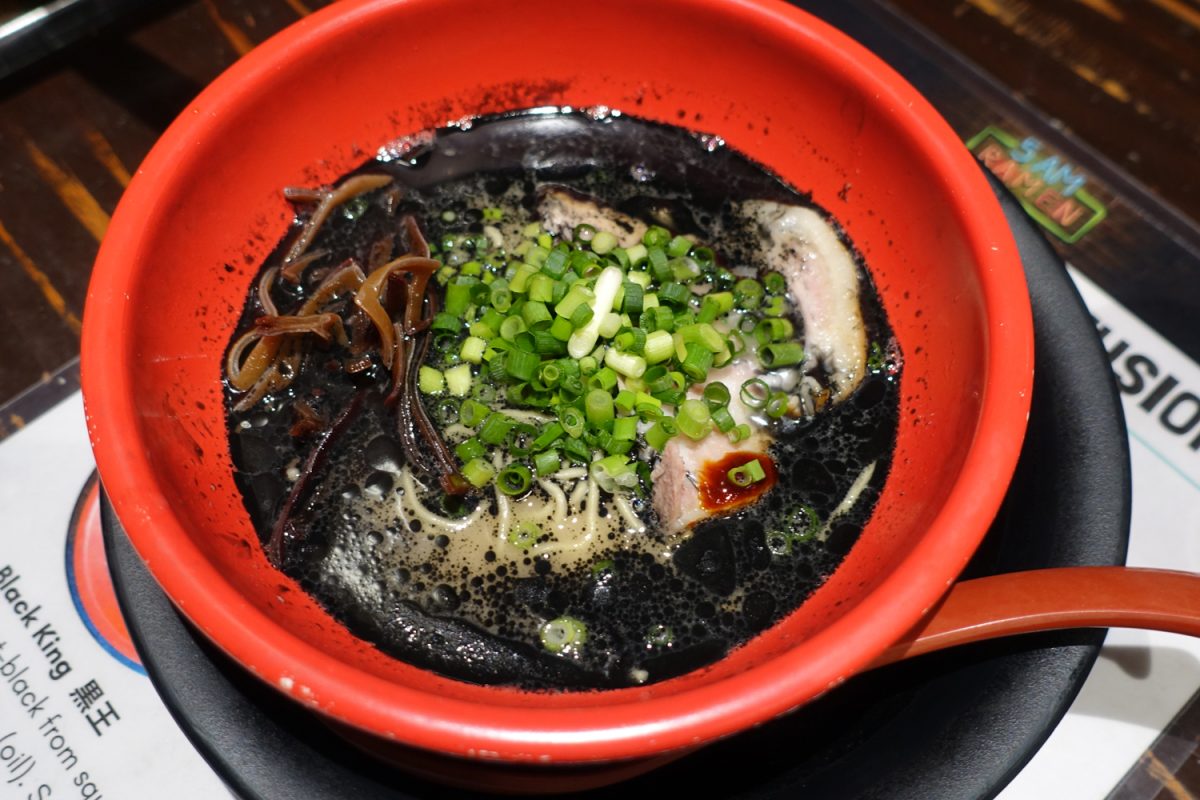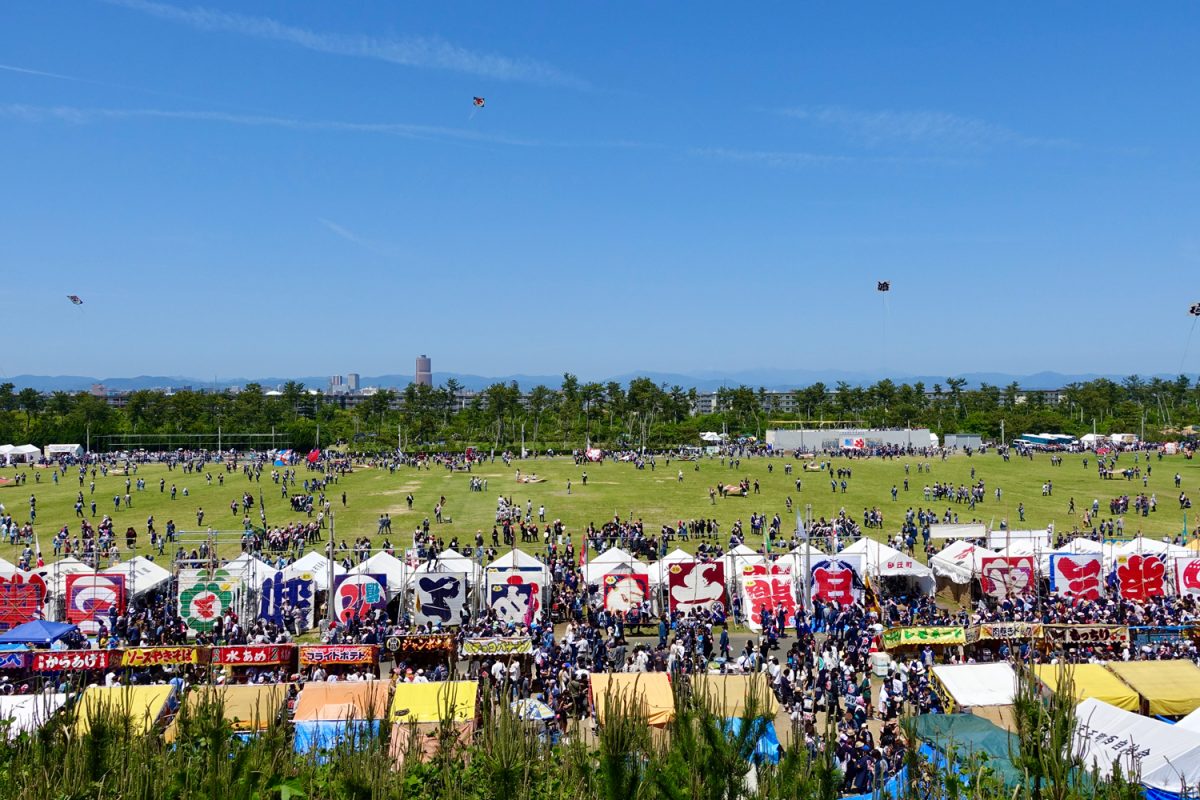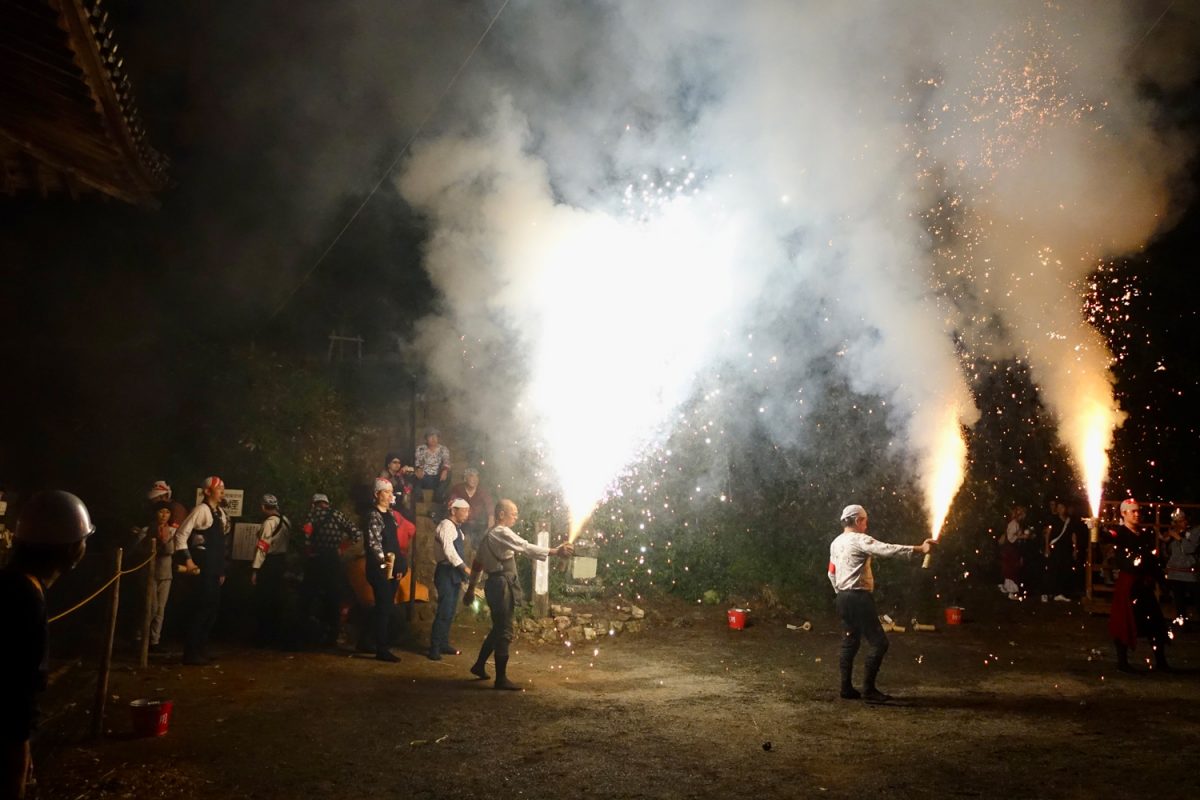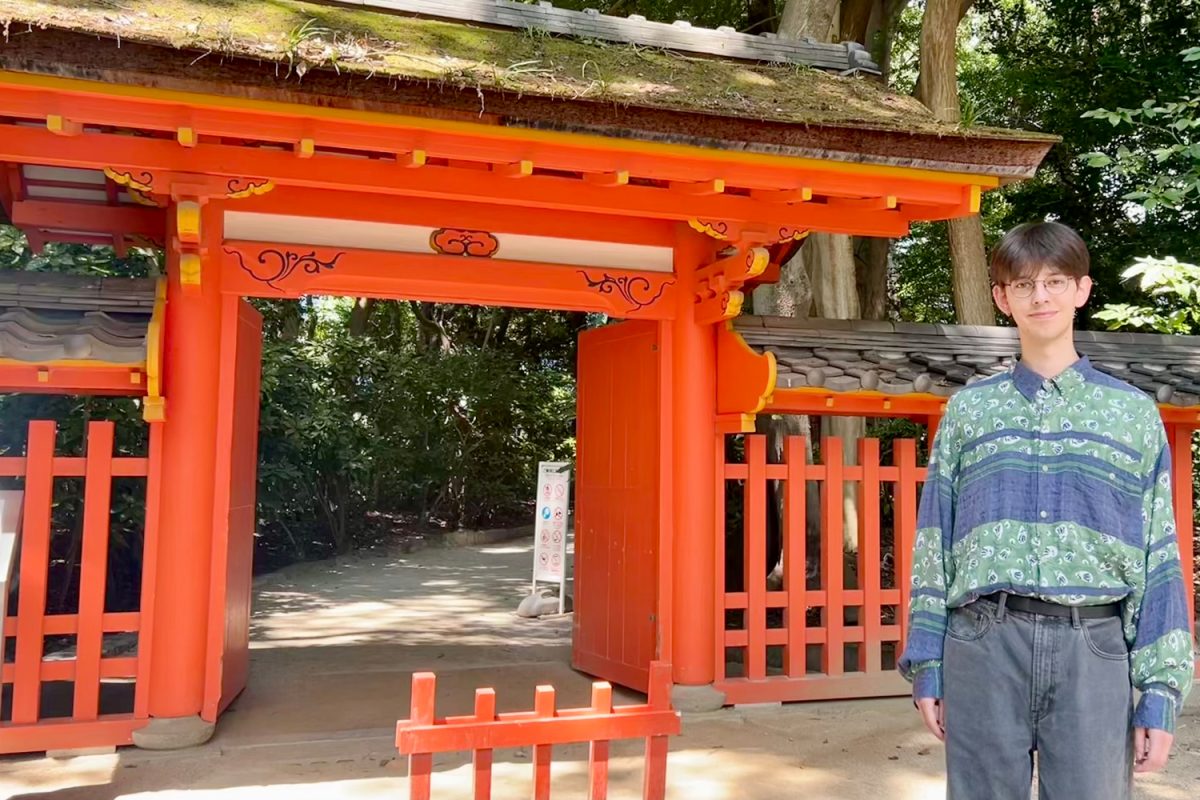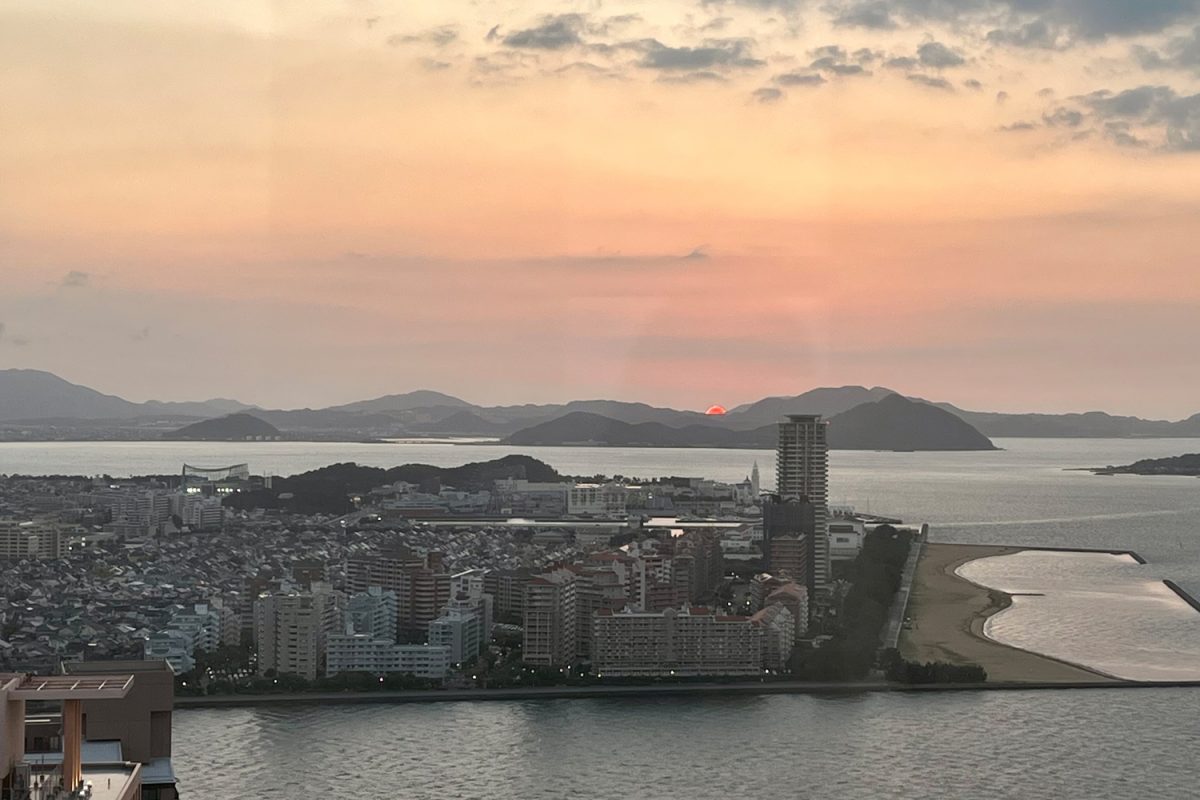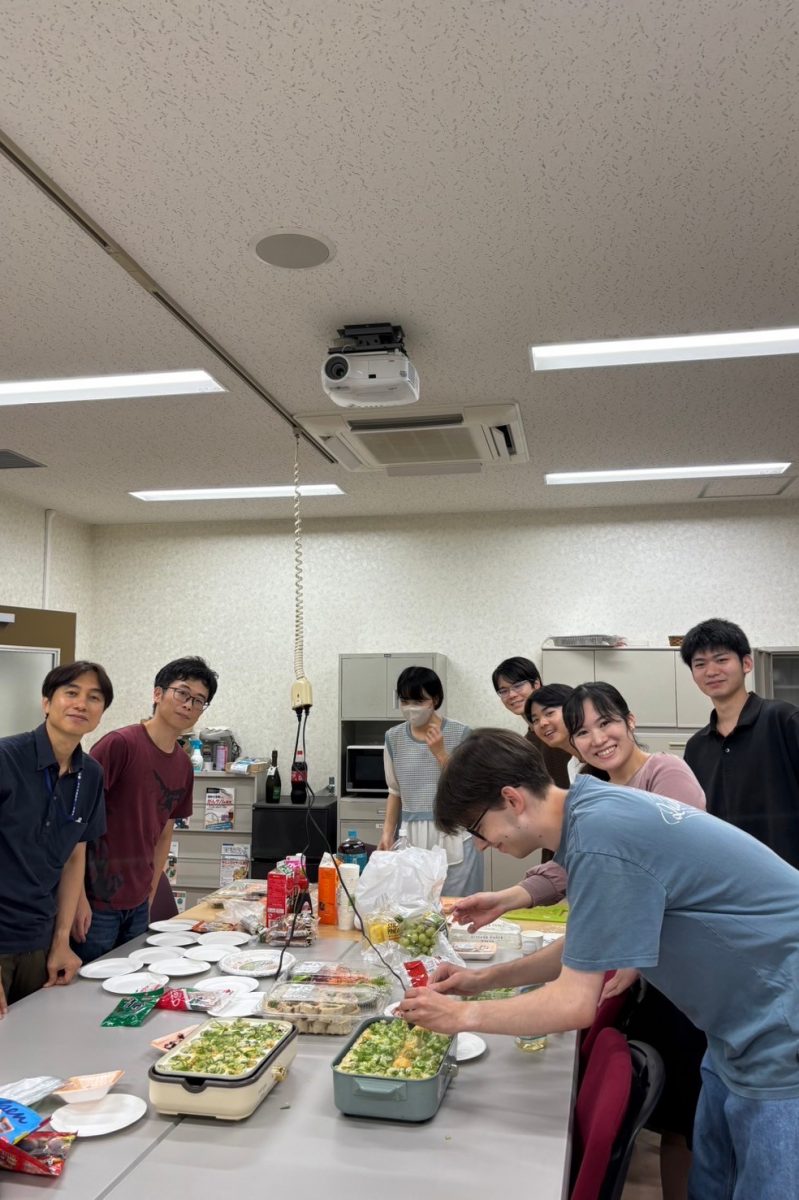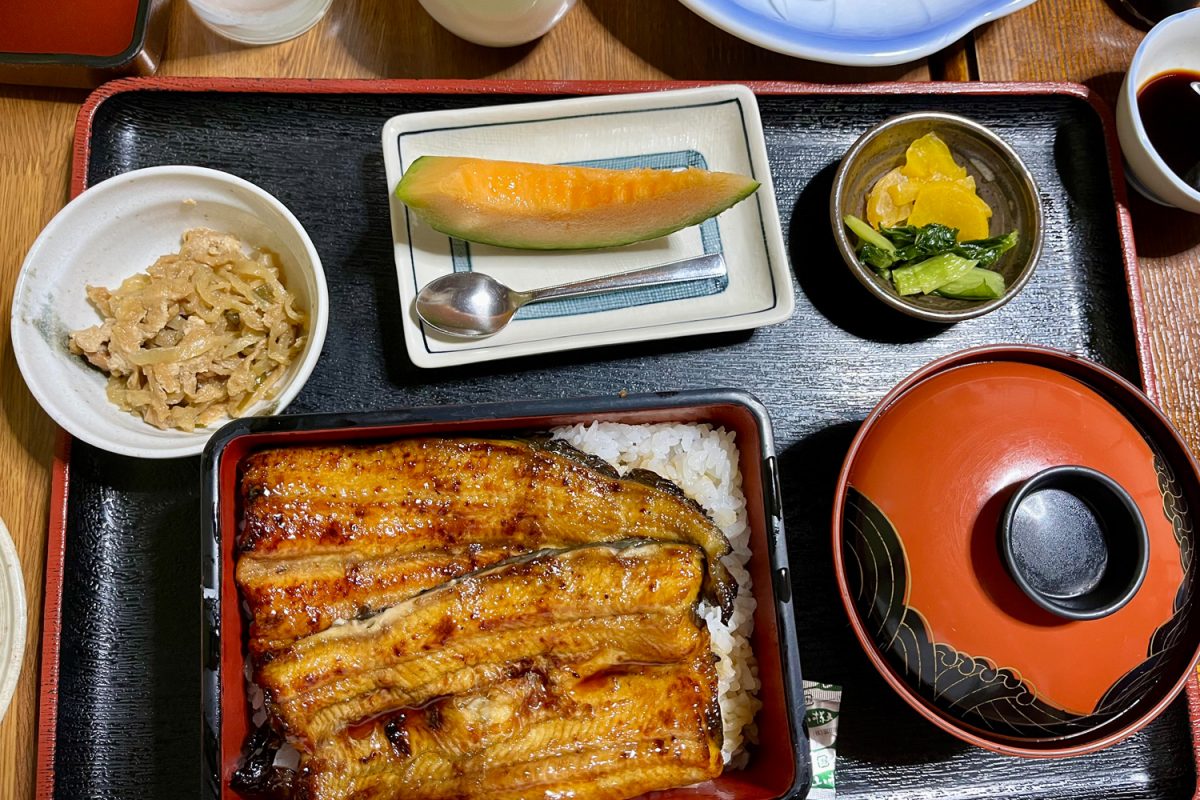Mail from … Japan Biology student Benjamin Harder is completing a research internship in Hamamatsu
General Information
This is where I live at the moment:
In Hamamatsu, which is located in the Shizuoka Prefecture of Japan.
That’s what I’m doing in Hamamatsu:
I am currently doing a research internship in the Department of Optical Neuroanatomy at Hamamatsu University School of Medicine (HUSM). I have spent my time in the research group of Professor Satoru Yamagishi, which studies so-called axon-guiding molecules. These are guidance molecules used by nerve cells to locate their target cells. The university is a purely medical institution, and as such, the group collaborates with other clinical departments to study the role of these guidance molecules in spinal cord injuries, autism, Alzheimer’s disease, and other conditions.
In my project, I am analyzing the temporary interactions of suspected guidance molecules and characterising their functions. We examine this within the neocortex, the area of the cerebral cortex in the brain. Using the method of in utero electroporation, we can investigate how these interactions affect the developing organism.
My stay abroad takes…:
… four months. I mostly organized my stay myself, with support from Dr Kazuhiko Namikawa at the Zoological Institute of TU Braunschweig and Professor Satoru Yamagishi in Japan. Since my stay lasts longer than 90 days, I had to apply for a visa. The International Office of HUSM provided me with all the necessary documents and took care of the invitation letter as well as the financing for the visa application. Additionally, I needed to provide proof that I did not have tuberculosis, as I wanted to enroll in a medical university. For that, I had to undergo a chest X-ray. It felt a bit strange to have that as a condition for enrollment.
Overall, however, everything was very simple, and I received excellent support throughout the process. I always received quick responses to any questions or uncertainties. In hindsight, it turned out that organising most of my stay myself was much less complicated than I had originally imagined.
That’s why I decided to go abroad:
I always wanted to go abroad right from the start of my studies. The idea of researching and living in a different environment fascinated me. After a holiday in Japan, I was certain that I wanted to return, so I started planning my stay.
It is relatively easy to integrate a short stay abroad into the curriculum of the Master’s degree programme in Biology. There is a so-called flexi-module, which is well suited for a stay abroad. I used this opportunity to have my academic achievements recognised for my studies.
Local life
This is how I live in Hamamatsu:
Hamamatsu has a population of nearly 800,000, making it comparable to Frankfurt am Main. However, Hamamatsu feels much more rural than Frankfurt. After just a ten-minute drive from the city centre, you primarily see detached houses, making it feel more like a small town. Like many larger Japanese cities, Hamamatsu is located along the coast. Due to the risk of tsunamis, important buildings such as hospitals are built far away from the coastline. Unfortunately, this meant I had a long journey from the university to the city centre, which takes about 45 minutes by bus.
During my stay, I lived in a dormitory for international students. My room was small but equipped with everything needed for daily life. Air conditioning is an absolute must here – without it, summer would have been nearly unbearable. The dormitory was conveniently located, as it was only about an eight-minute walk to the lab. However, at 39°C in the summer, even eight minutes can feel quite long.
What makes studying and researching in Japan different from studying and researching in Germany?
The Japanese research landscape is similar to the German one, but studying here is quite different. Attendance is compulsory in all courses. I also noticed that there is a high degree of respect and distance between students and lecturers. Questions during lectures are more commonly sent as emails rather than asked directly. Additionally, I learned from students that it is considered a strict taboo to address teachers by their first names. Even when my professor offered some Japanese students the chance to call him by his first name, no one felt comfortable doing so. In comparison to Germany, the relationship with teachers in Japan is less intimate.
The overall working atmosphere in our research group is very good; all members are extremely helpful, and despite my language barrier, my colleagues did their best to assist me with any questions I had. The working hours vary from person to person. Some start early in the morning and head home in the afternoon, while others begin in the afternoon and stay until late at night.
Particularly typical for the country I’m staying at is:
When you arrive in Japan, it immediately strikes you how tidy and clean everything is. Trains depart punctually, and people queue up neatly in front of their trains. Delays generally only occur during heavy rain, typhoons, or minor earthquakes. Such phenomena are not uncommon in Japan. During my stay, I was often woken up at night by an emergency alert on my smartphone. If you are planning to live in Japan for a longer period of time, it’s important to be aware of the risks associated with earthquakes and other disasters. Right at the start, the International Office provided me with a map of evacuation points and to-do lists to help me understand how to respond in emergencies. During the rainy season, there were also frequent warnings about flooding and potential landslides. This was a very different experience compared to Germany.
That’s what I learned here in the first three days:
When I arrived in Hamamatsu on my first day, I quickly learned that an umbrella is an absolute must-have in Japan. Whether it’s raining or sunny, people here always have one with them. On the very first day, I was also informed that summer in Japan can be extremely hot and humid. I didn’t think much of it, as we also experience very high temperatures in Germany. However, by early June, I realised just how different the temperatures can be. I soon understood from conversations with colleagues that summer in Japan is divided into three phases: rainy season, hot and humid, and typhoon season. So, air conditioning is essential!
In comparison to Germany, the opening hours here are quite unusual, as most shops and supermarkets are open every day, and convenience stores are even available 24/7. You can buy everything you need for daily life, from hot meals and snacks to drinks. You can also withdraw cash or even pay your health insurance at these stores. However, I quickly realised that Japan is a country where cash is still widely used. In restaurants, you can usually pay with a credit card, and many Japanese people also use mobile apps for payments. Nonetheless, I always had to pay for my health insurance and rent in cash. Bus tickets must also be paid for in cash, as the ticket machines do not give change. Initially, it felt unusual for me to always carry cash.
The biggest challenge during my stay has been:
In Tokyo, many people speak and understand English well. However, it’s a different story in Hamamatsu. At times, it was quite challenging to clarify my questions. Nevertheless, the locals always made an effort to help me, regardless of whether it was through gestures or other means. I highly recommend learning a few Japanese words and standard phrases before coming to Japan.
That’s what I will take home with me:
Professor Yamagishi has lived and conducted research in Germany for seven years, so he is quite familiar with German culture. Together, we organised a “German Café” three times, where Japanese students were able to participate. During these sessions, we discussed daily life and the cultural differences between Germany and Japan. Many students showed a keen interest in the German language and culture, so I am returning home with many new impressions and acquaintances.
Good to know
This is a local dish you definitely have to try:
Hamamatsu is particularly famous for eel and gyoza (Japanese dumplings), both of which I highly recommend. At the end of my stay, I spent some time in Fukuoka, located at the other end of Japan. This area is especially known for hot pot (simmered fondue) and ramen (noodle soup). Additionally, you can find some of the best sweets here, such as Hakata-Manju, small cakes filled with sweet white bean paste. If you find yourself in this region, you should definitely try these specialties.
What are the blunders to avoid in Japan?
In Japan, there are generally many social rules and norms to be aware of. For example, one should not play with chopsticks or stick them into food. It is also considered very rude to pass food from one pair of chopsticks to another. As a foreigner, you are often treated with some leniency or gently reminded of any mistakes.
When visiting temples, it’s important to adhere to the prescribed signs and instructions, not disturb others while they are praying, and refrain from taking photos in areas where it is not permitted.
This is a tip I give to other students who want to go abroad:
I can only recommend seizing the opportunity to study or conduct research abroad. During this time, you step away from your familiar routine in Germany and experience so many new things. Such an experience is much harder to integrate later in your professional life. So, just go for it and embrace everything that comes your way!

